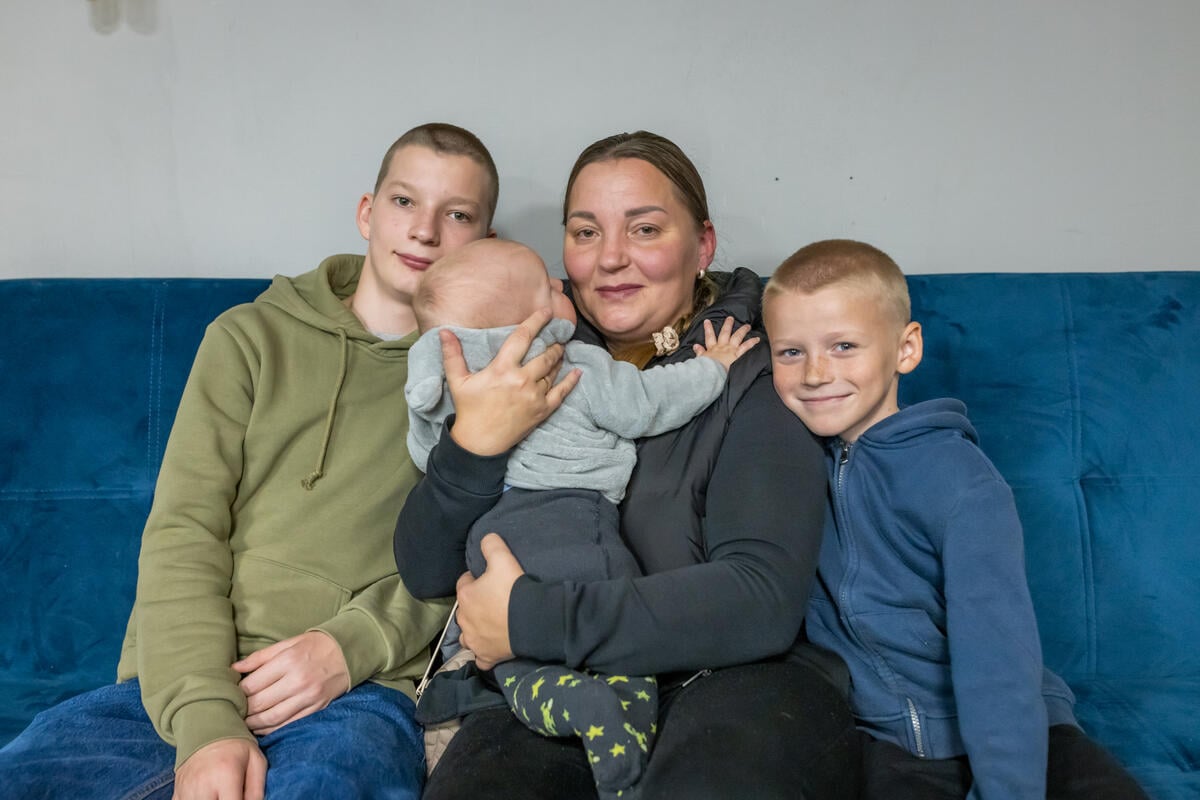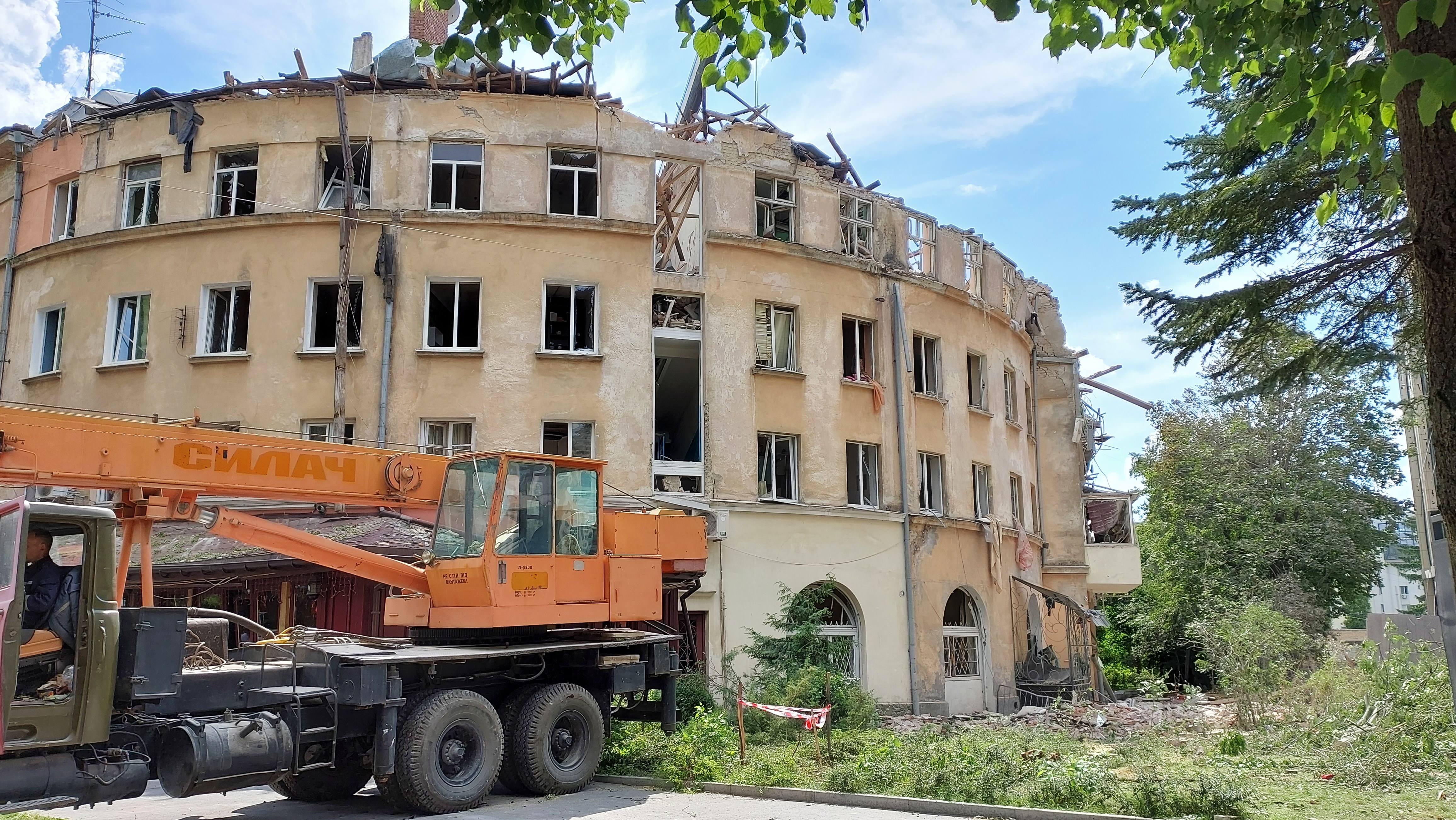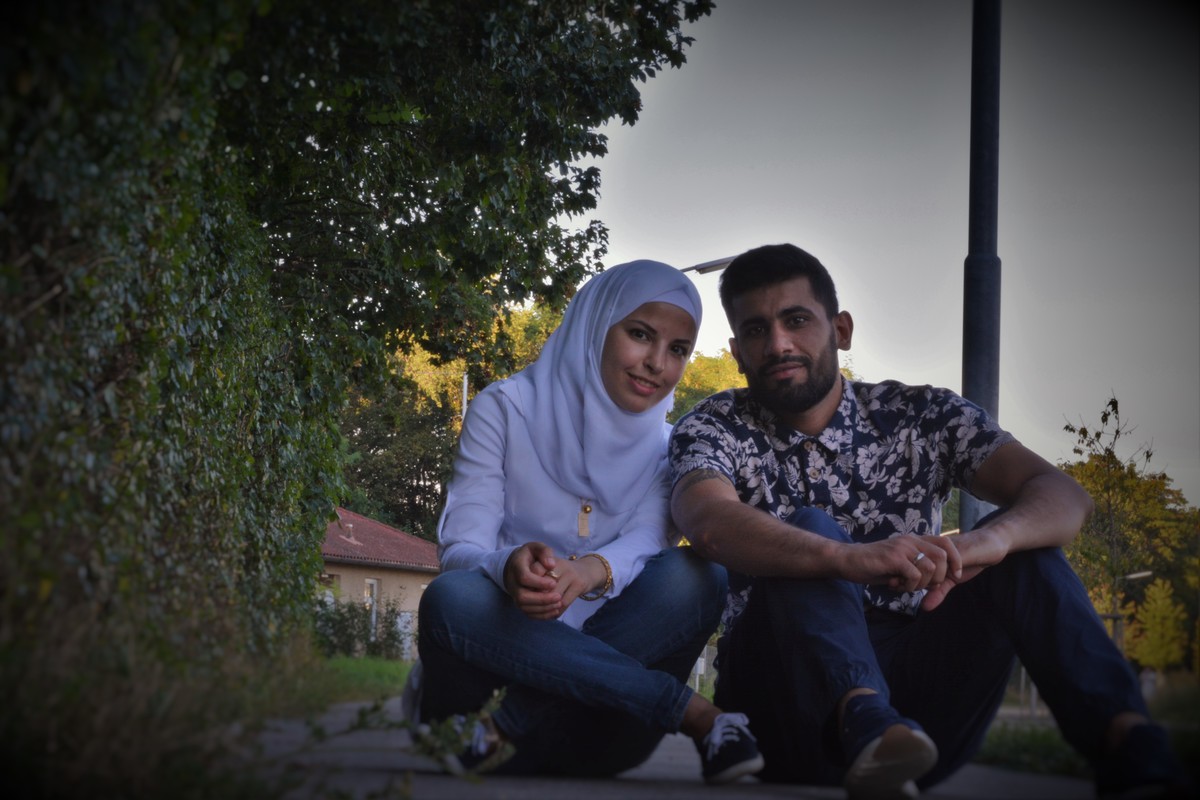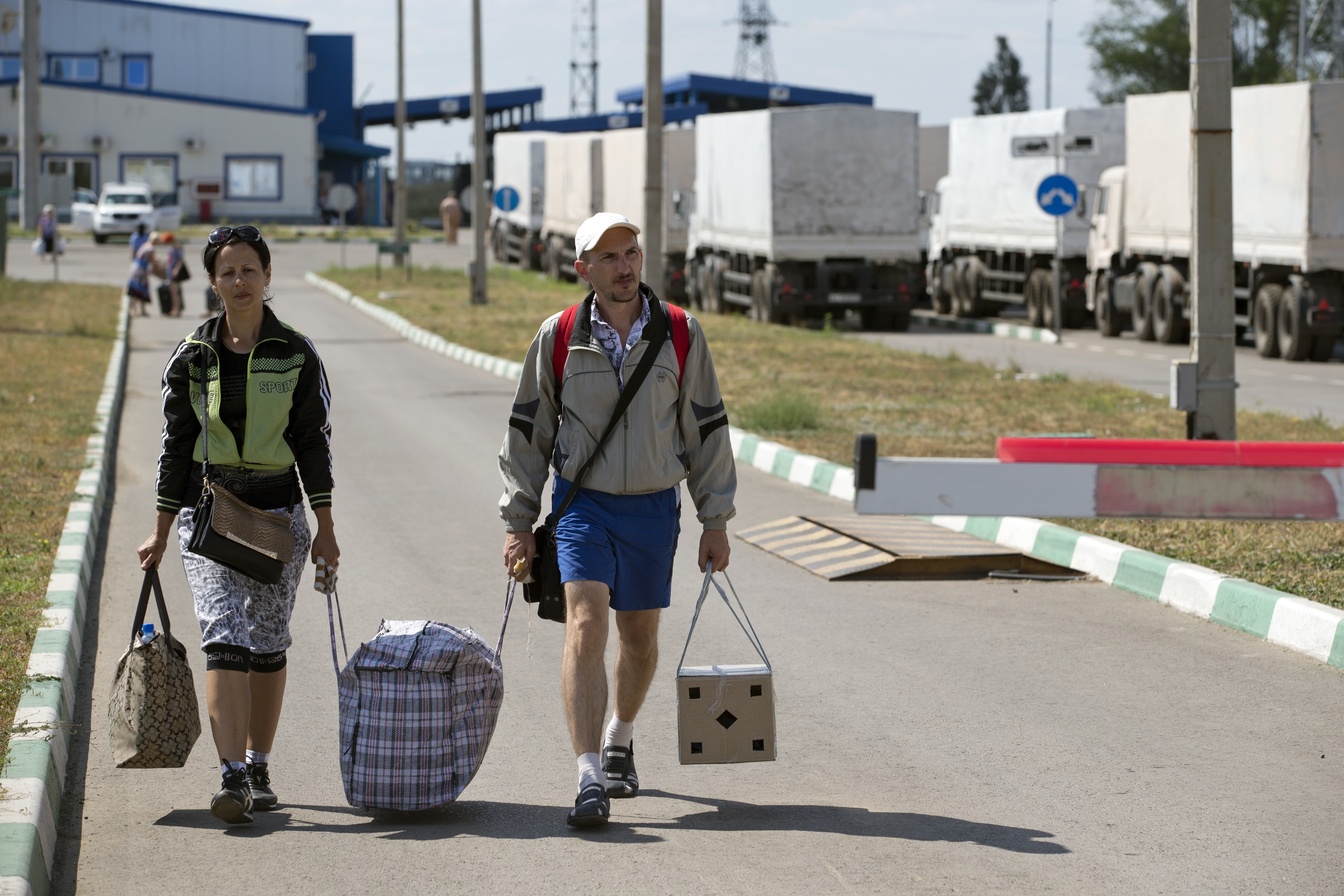Lubbers, Ingush President discuss displaced Chechens
Lubbers, Ingush President discuss displaced Chechens
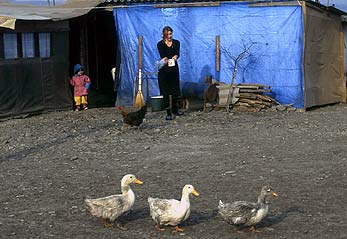
GENEVA, Jan 20 (UNHCR) - The President of Ingushetia has responded to UN refugee agency chief Ruud Lubbers' concerns about possible camp closures in the republic by reassuring him that all returns to Chechnya will be voluntary.
On Monday, High Commissioner Lubbers met President Murat Zyazikov of the Republic of Ingushetia, Russian Federation; and Stefan Vassilev, the UN Resident Coordinator and acting Humanitarian Coordinator in Moscow.
As of January 14 this year, there were 66,792 registered displaced people in Ingushetia from neighbouring Chechnya, according to UNHCR's implementing partner, the Danish Refugee Council. More than 7,000 of them were hosted in three tented camps - Bart, Satsita and Sputnik - with over 23,000 in temporary settlements and more than 36,000 in private accommodation.
At the Geneva meeting, Lubbers raised concerns over a recent announcement by the Russian authorities that they would close the three remaining tented camps in Ingushetia before presidential elections in the Russian Federation in March. He noted that this could seriously jeopardise the principle of safe haven if the Chechens are evicted without options for alternative shelter in Ingushetia.
President Zyazikov reassured him by making a personal commitment to respect the principle of voluntary return to Chechnya.
The High Commissioner reiterated his wish to positively engage the international humanitarian community through a two-pronged approach - displaced Chechens who do not wish to return can continue to enjoy safe haven in Ingushetia while those who choose to return of their own free choice would be supported by increased presence and greater involvement by humanitarian agencies in Chechnya.
The Ingush President in turn expressed his full support for the proposal of a humanitarian conference in the region that would look at how to best provide assistance in Chechnya, bringing together a wide range of participants from the humanitarian community, the authorities and all segments of the Chechen community.
Meanwhile, on the ground, UNHCR has maintained close contact with the federal, Ingush and Chechen authorities as well as non-governmental organisations and the displaced Chechens themselves on the issue of possible camp closures. UNHCR protection staff have been verifying assurances by the authorities at all levels that all returns to Chechnya will be voluntary.
The UN refugee agency is also concerned that should the tented camps be closed at short notice, there will not be enough adequate alternative shelter in Ingushetia. Displaced Chechens have already occupied 114 out of 415 rooms being rehabilitated by NGOs in Ingushetia, and the whole rehabilitation process has been delayed by the difficulty in obtaining the necessary permits from the Ingush authorities.
At the same time, authorities in the tented camps - including representatives of the Chechnya administration - have been actively soliciting applications for compensation for destroyed housing and lost property in Chechnya. The compensation, planned at approximately $10,000 per family, gives the displaced people a major incentive to return if it is actually paid.
However, the authorities at all levels acknowledge that a number of displaced Chechens will choose not to go home. Continuing insecurity in Chechnya remains the main obstacle to return. There are also concerns about a lack of shelter for the returnees as additional temporary accommodation centres being prepared by Chechen authorities will only house 97 families.
In addition to the issue of displaced Chechens, High Commissioner Lubbers also appealed to the Ingush President on Monday to intervene in the abduction case of Médecins Sans Frontières' Arjan Erkel in the neighbouring republic of Dagestan, saying that the abduction overshadows the image of the North Caucasus region to which Ingushetia belongs.

